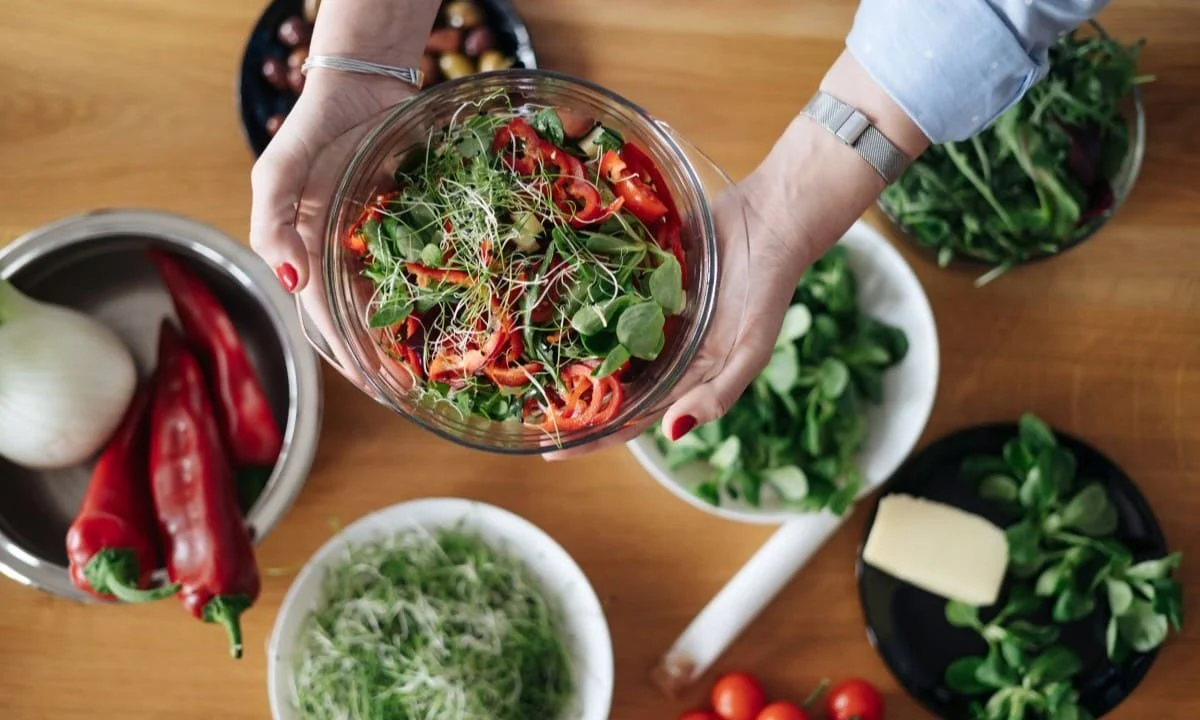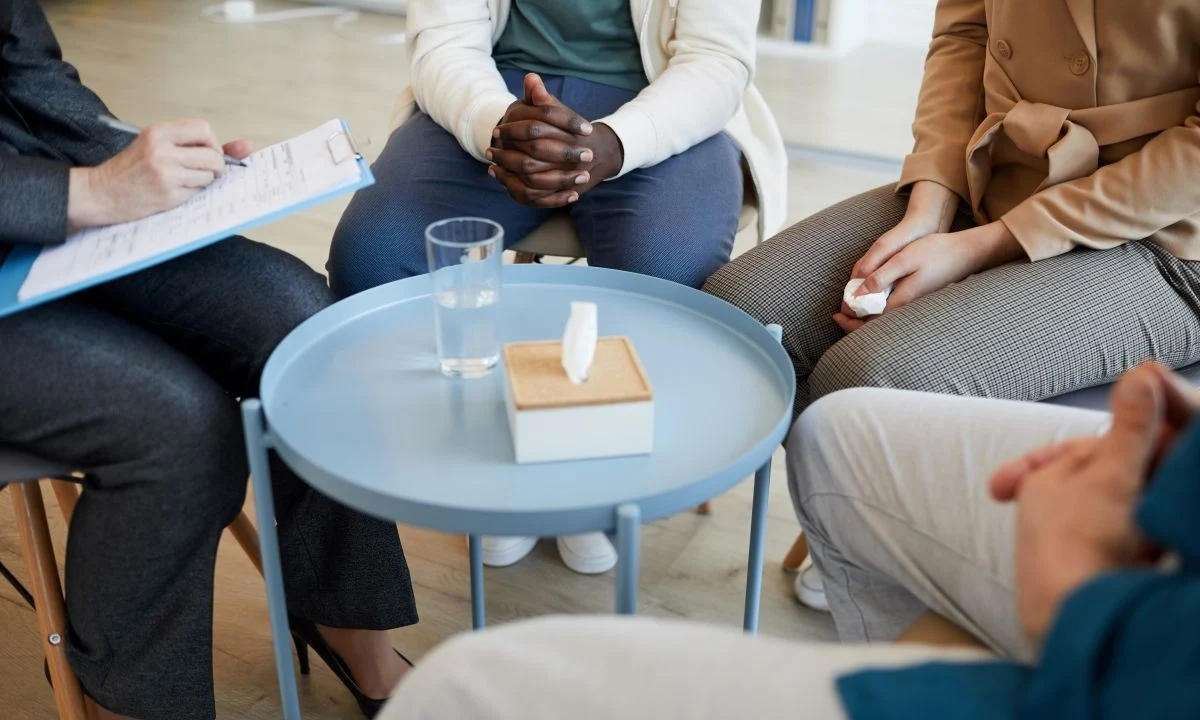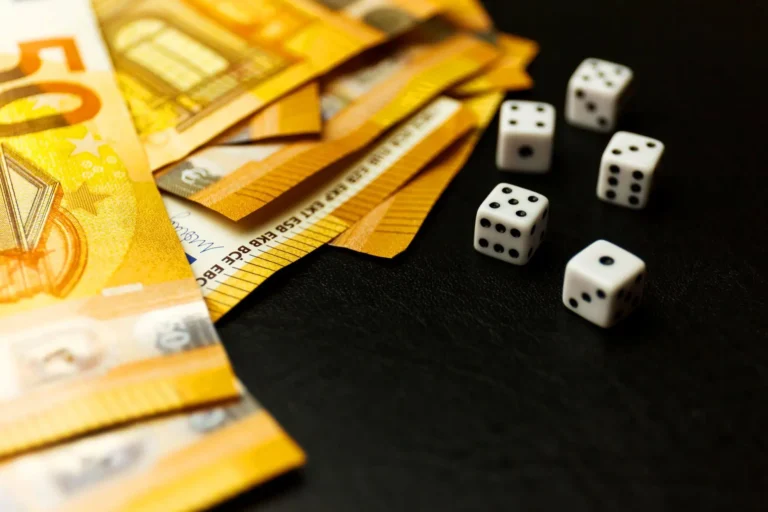When I was at rock bottom, grasping at straws, I had no idea where to start my recovery, so I set my aim at something familiar. I set my target and decided to alter not just my life but my (future) children’s lives, my (future) grandchildren’s lives, my cousins, my uncles, everyone in my family, everyone in my future family, and my past family looking down on me.
I wasn’t just shooting for a shift in sail. I was shooting for a brand-new boat. This was all during COVID-19, so I knew it wasn’t going to be traditional in my recovery.
From Addicted to Healing: Practical Recovery Tips
Truthfully, I didn’t know much about addiction recovery programs like IOP and PHP, so I attached myself to a network amongst loved ones who were in treatment or Alcoholics Anonymous (AA) and had varying recovery experiences. From there, I did my best to create a situation that met all of my needs based on suggestions and recommendations from people who had been through the process.
Here’s what I discovered:
- Be forgiving and patient with yourself and the loved ones around you
- Recognize any issues that you could potentially take control of on your own and with the help of others
- Address these issues daily
- Accept that recovery work would need to be done every single day to truly make a lasting difference
- Create healthy habits as a priority
Some habits I practiced were:
- 2–3 virtual meetings daily using “intherooms”
- Altering my sleep schedule for the gym (which I was attending twice a day each day)
- Meeting with a therapist 1–2 times per week (specifically for MH and SUD)
- Choosing healthy food as well as cooking that food myself
- Setting aside an hour a day for reflection and connection with loved ones where relationships had been strained due to my issues
Impact of Recovery From the Addiction
After 60 days of prioritizing my recovery, I learned a lot about myself. I had my moments of questioning my problems, asking God why I am the way I am, feeling bad for myself, and then catching myself and being thankful for the chance that was presented to me.
I learned to love myself, who I am as a person, every single aspect. I loved the concept that I’d be an underdog in rebuilding a foundation from the mud that would last for generations. This was a real challenge that I’d get to work on every day moving forward, and I felt blessed for this opportunity.
Building a Necessary Support System
My experience isn’t the secret formula for every individual struggling with an SUD or MH crisis. But it was a sequence of positive, habit-forming strategies that worked for me. Coming to the understanding that this could very well be the case for many other individuals, it became a priority of mine to create a space where others could explore similar opportunities and options.
I feel that being flexible as a clinician is important. However, you don’t need to be extremely flexible to the breaking point where there’s no structure. I believe structure is a major differentiator in your recovery, working and failing.
Ready to Rebuild? Find Your Addiction Recovery Community
Whether it be Rebuilding Recovery Center, your locally licensed mental health clinic, or the detox center a couple of towns over or on the other side of the country, I always encourage individuals or their loved ones to reach out and get more information on how these options are made possible for recovery and mental health support.
This could be the difference in saving your life or your loved one’s life. I know that my team in South Easton, myself included, welcomes this with open arms! Feel free to reach out to our team at Rebuilding to explore your or your loved one’s options.








